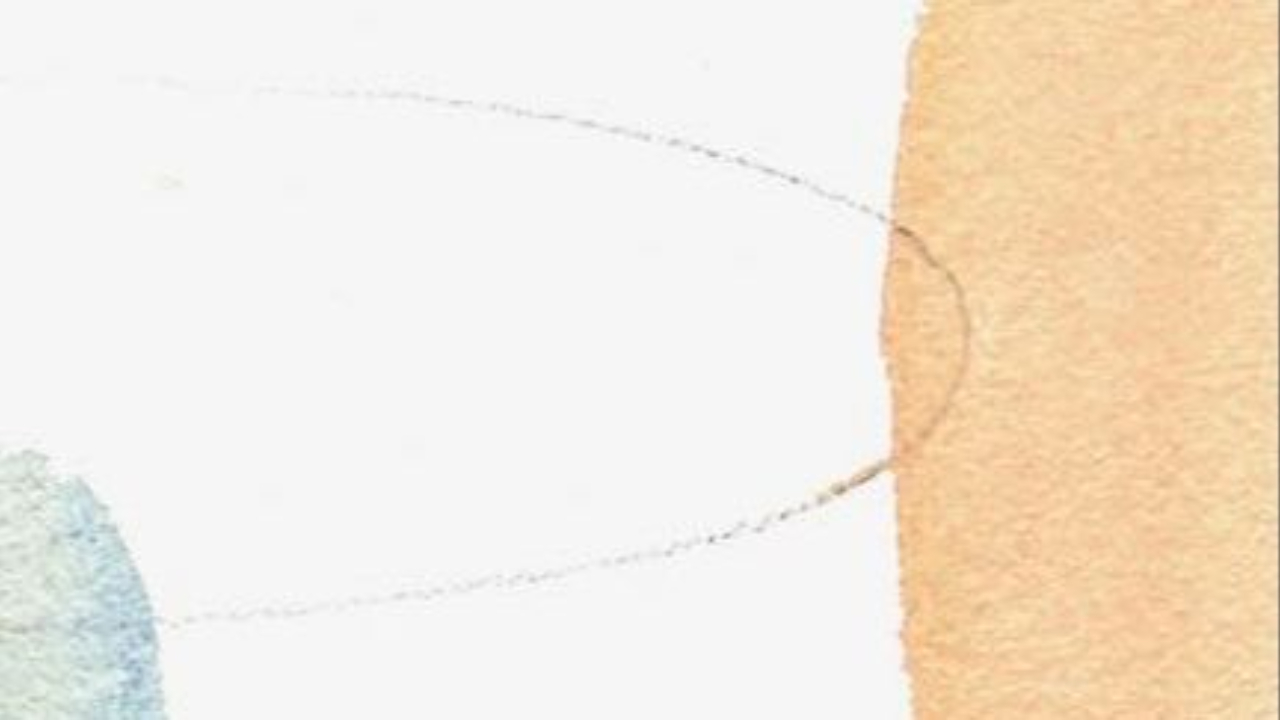Next phase thinking - 3 Wisdom & Care
Sep 25, 2025
When you gather a bunch of highly experienced people in one place, you get to see something happen that’s usually hard to pin down. Expertise and experience are the background. During the course of an intense conversation, they fall away and the individual and collective wisdom appear. That’s usually hard to see or name, but it’s great when it emerges. I think that happened at my recent boardroom lunch. Here's a further reflection.
After a lifetime of learning and applying knowledge, it's tempting to rest on our knowledge and insight. But that's how age fails to bring wisdom. The fragmentation we are part of needs wisdom, which doesn't sink under uncertainty and volatility but rides them. Wisdom doesn't say how things are but asks what new patterns could emerge if new questions are asked. It embraces inverted assumptions, because they very often hold the key to something that sits at the heart of wisdom - fruitful doubt.
It's always amazing and exciting how someone will bracket a wise utterance – usually a question - with some kind of deflection or diminishment. ‘I’m not sure but…’, ‘you all know better than me but…’, ‘I’ve made this mistake so many times, but…. ‘ The wisdom lies in how the question allows assumptions to be challenged and the little humble deflection is an attempt to say, ‘it’s OK to be unsure, mistaken, fuzzy and ignorant’ in the face of an issue, and above all to not know the answer. The frame of wisdom opens up the frame within which we try to solve problems, so that the background assumptions can be safely challenged and new answers developed by everyone in the room.
A related issue is caring. Around the table we reflected on how caring is important to healthy organisational life, especially since covid. It’s moving to the centre of leadership. Caring is specifically not just a transaction, which is the historic western philosophy assumed in our institutions, but as Virginia Held explores in her book The Ethics of Care, (Amazon The Ethics of Care) is a dyadic mutual bond between two people. The mother model of care opens up the possibility of a new global institutional way of creating systemic caring. We're seeing this emerge slowly in our organisations and communities - as well as its opposite.
A more sophisticated version of caring also helps at the personal level. In the end a career means caring for and about other people, even for the most hard nosed egotists. And in leadership it means creating a system that delivers that caring effectively. This is difficult on many levels, even for organisations whose purpose is ‘to care’.
I think wisdom and caring are so essential to professional success that when they go wrong they lead to burnout or worse. It’s distressing to hear experienced professionals complain that they ‘have so much to offer’ that’s not being valued. The ‘much’ they’re talking about is all the knowledge, and all the set answers they have to existing problems. Yet what their colleagues truly value is wisdom. That means giving up the pet answer to an old problem and instead to help people find their own solution to new problems. That also entails caring less about being right, (caring about oneself) and being humbly but usefully wrong, caring about others.
Take a deep breath and offer your errors instead of your answers; it might work better.
Stay connected with news and updates!
Join our mailing list to receive the latest news and updates from our team.
Don't worry, your information will not be shared.
We hate SPAM. We will never sell your information, for any reason.
